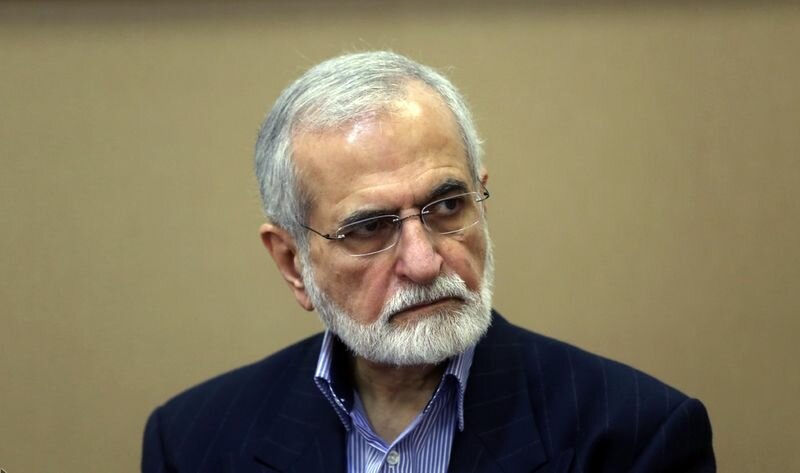Kharrazi says INSTEX does not go beyond a “claim”

TEHRAN - Kamal Kharrazi, chairman of Iran's Strategic Council on Foreign Relations, believes that INSTEX, a European payment system for trade with Iran designed to circumvent U.S. sanctions imposed on Tehran, lacks teeth.
While INSTEX has positive aspects, it does not go further than a "claim" at the moment, Kharrazi told the Young Journalists Club (YJC) on Friday.
Representatives from the remaining countries signatory to the nuclear deal (JCPOA) held a joint session in Vienna on June 28 to explore ways to save the collapse of the nuclear deal as Iran is scaling back its nuclear commitments in response to reimposition of sanctions and lack of a concrete step by the EU to shield Tehran from sanctions effect.
Kharrazi, who was Iran’s chief diplomat from 1997 to 2005, said there were no definitive assessments of the meeting, but with only several millions of euros of credit that the Europeans had allocated to INSTEX, business would definitely be impossible.
Kharrazi had earlier warned that Tehran would stop its commitments under JCPOA.
In a meeting with the British Middle East Minister, Andrew Murrison on June 24, in Tehran, Kharrazi warned him, "Be sure that if the opposite side (Europe) does not undertake an appropriate measure within the next two weeks, we will take more steps to stop implementing our commitments."
Kharrazi's latest comments on Friday were a response to French Finance Minister, Bruno Lumaire, who had expressed hope that the long-awaited INSTEX will be soon implemented.
Without providing further details, Lumaire had insisted, "This first transaction will be modest but it is a starting point, and we expect INSTEX to be an effective tool. As it's a first, we need time to do bigger things."
On May 8, Iran's Supreme National Council (SNSC) declared Tehran's exit from "certain" obligations under the landmark 2015 agreement and gave a 60-day deadline to JCPOA signatories to protect Iran's interests against U.S. sanctions, or it will restart high-level uranium enrichment.
Days later, President Hassan Rouhani, who also presides over the SNSC, threatened that Iran would begin enriching uranium beyond the current 3.67 percent concentration allowed by the JCPOA, adding that Tehran will no longer respect the 300-kilogram limit for stockpiling enriched uranium.
The latest JCPOA joint commission, attended by the representatives of Britain, China, France, Germany, Iran, and Russia, was held on June 28.
Iranian Deputy Foreign Minister Abbas Araqchi told reporters after the meeting that the Europeans say "INSTEX is operational, but Iran's expectations have not been fully satisfied yet."
"It was a step forward, but it is still not enough and not meeting Iran’s expectations," Araqchi said.
"For INSTEX to be useful for Iran, Europeans need to buy oil or consider credit lines for this mechanism otherwise INSTEX is not like they or us expect," he added.
Minutes after the meeting, the Secretary-General of the European External Action Service (EEAS), Helga Schmid also confirmed the reports that the European financial mechanism to work with Iran is operational.
"INSTEX is now operational, first transactions being processed and more EU members states to join. Good progress on Arak and Fordow projects," Helga Schmid twitted on Friday, June 28.
PA/PA
Leave a Comment